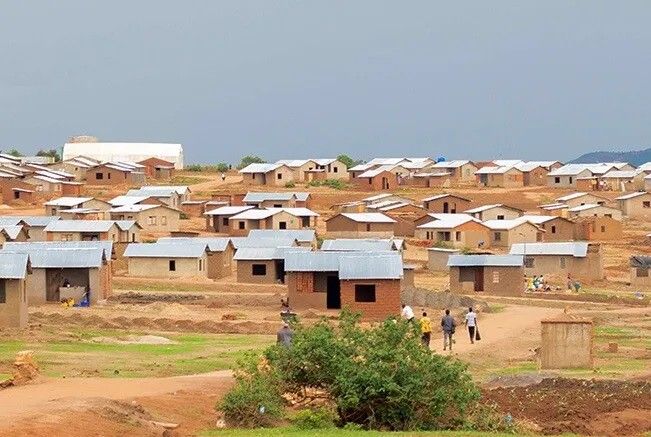By Twink Jones Gadama
The Lilongwe District Council has expressed concern over the increasing number of refugees and asylum seekers who have returned to their localities, despite having been relocated to the Dzaleka refugee camp earlier this year.
In an effort to address this issue, the council is urging all affected individuals to comply with the relocation order and return to the camp without delay.
The decision to relocate the refugees was made by the Ministry of Homeland Security, and the council is determined to ensure its enforcement.

Relocation Background and Importance
The relocation exercise, which commenced in May 2023, aimed to address various issues related to the presence of refugees and asylum seekers in local communities.
The Ministry of Homeland Security had identified the need for centralized facilities in order to provide adequate resources, assistance, and security for those seeking refuge.
This decision was reached at after careful consideration and consultation with relevant stakeholders.
Sensitisation Efforts and Voluntary Return
To effectively communicate the importance of the relocation order, the Lilongwe District Council will be collaborating with chiefs, councilors, local leaders, and the police force to conduct sensitization campaigns.
These initiatives will utilize the public address system and other platforms to encourage refugees and asylum seekers to voluntarily return to the Dzaleka camp.
Through these efforts, the council hopes to avoid confrontations with law enforcement agencies and ensure a peaceful transition.
Repercussions and Reporting
Refugees and asylum seekers who fail to comply with the relocation order may face repercussions, as stated in the previous public notice issued by the Ministry of Homeland Security.
The council emphasizes the importance of reporting any individuals who have returned or are suspected of returning to their localities.
Chiefs and block leaders are urged to collaborate with the police or district commissioner’s office to provide accurate information on the whereabouts of these individuals.
Conclusion
The Lilongwe District Council is committed to the successful implementation of the relocation exercise and ensuring the safety and well-being of refugees and asylum seekers.
By reminding affected individuals of the relocation order and conducting sensitization campaigns, the council hopes to achieve a voluntary return to the Dzaleka refugee camp.
The support and cooperation of local leaders, communities, and the refugees themselves are crucial in ensuring a smooth transition and realizing the long-term benefits of centralized facilities and assistance.
Established by UNHCR in 1994, Dzaleka is the largest refugee camp in Malawi, hosting over 43,000 refugees and asylum seekers.
The majority of them are from the Democratic Republic of Congo (DRC), while others are from Burundi, Rwanda, Somalia, and Ethiopia.


